Isis leadership: Who's who in 'fluid' Islamic State structure of power
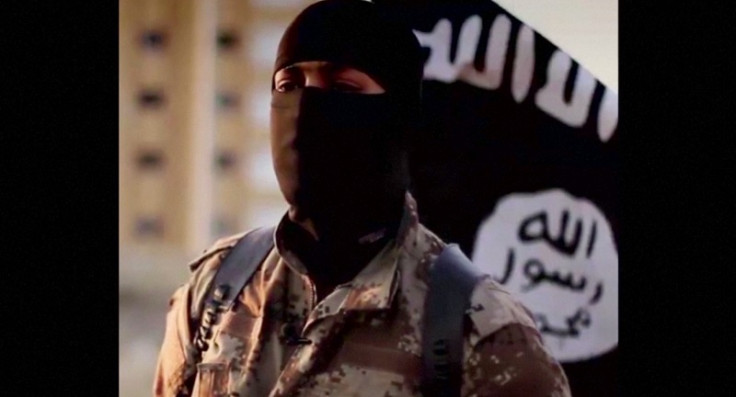
The so-called Islamic State (Isis), which exactly one year ago seized large swathes of Iraq and declared a caliphate in the territories it controls, is structured just like any other bureaucratic organisation, including a system of checks and balances to assure the good functioning of the state.
At the top of the structure is the caliph, Abu Bakr al-Baghdadi, whose real name is Ibrahim Awwad Ali al-Badri al-Samarrai. Two other men follow in the power ladder: Abu Muslim al-Turkmani (Fadil Ahmad Abdallah al Hayyali), who oversees IS in Iraq, and Abu Ali al-Anbari, Baghdadi's deputy in Syria.
Both men are members of the Shura Council, IS's highest advisory body, which maintains the ability to dismiss Baghdadi from his position as caliph. The council is headed by Abu Arkan al-Ameri and is formed by around 10 members.
The most important and powerful body of IS is the Sharia Council, which has the ability to select the caliph and monitors the appliance of sharia law in the territories controlled by the jihadist group. Other, less important councils are the security council, the military council, the media council and the finance council.
"It's a very disseminated structure," Aaron Balshan, security analyst with the Levantine Group, told IBTimes UK. "The way I would characterise their leadership and strategy on the battlefield is one of a very high degree of fluidity and mobility, which typically allows for the replacement of mid-level leadership with relative ease."
A turning point in the leadership struggle came after reports emerged that Baghdadi had been seriously wounded in an air strike in March by the US-led coalition. Rumours of his death were denied by the Pentagon, but this and similar raids forced the caliph to go underground, curbing his freedom of movement as a leader.
"He used to go from town to town, but not any more," Balshan said. "He's likely in increased isolation in the group because of the air strikes that killed the majority of the senior leaders who had a personal, close affiliation to him."
But the eclipse of Baghdadi, a shadowy and charismatic figure who pulled together the different souls of IS, could lead to a fragmenting of the organisation in the long term.
A new figure was hinted to have taken Baghadi's place: Abu Ala al-Afri, a former physics teacher. On May 13, the Iraqi government announced the killing of al-Afri in coalition air strikes – but US officials could not confirm his death.
"It remains likely that al-Afri is still the major player behind the scenes," Balshan said. "In the long term he may be positioning to take charge of the organisation. He is charismatic and was a prized student of Osama Bin Laden, but he is not considered to be a descendent of the prophet Muhammed."
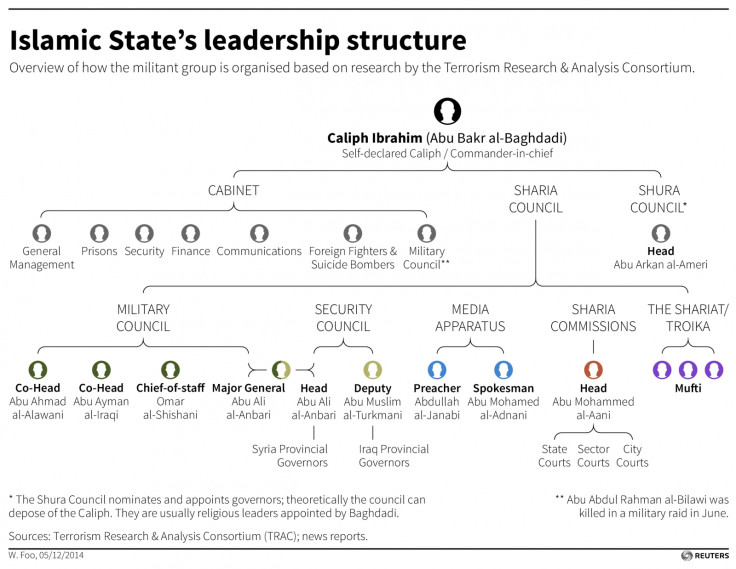
Caliph Ibrahim - Abu Bakr al-Baghdadi (real name: Ibrahim Awwad Ali al-Badri al-Samarrai)

Born in Samarra in 1971, Baghdadi is an alleged descendant of the prophet Mohammed. He received a PhD in Islamic studies in the Iraqi capital before founding Jamaat Jaish Ahl al-Sunnah wal Jamaa in 2003 to fight US forces that invaded the country in that year. Some experts think Baghdadi was radicalised during the four years he was detained at Camp Bucca, a US facility in southern Iraq.
The jihadist emerged as leader of al-Qaeda in Iraq (ISI) in 2010, and remained so until its formal expansion into Syria in 2013. During the attempted merger with al-Qaeda offshoot in Syria al-Nusra Front, Baghdadi openly defied al-Qaeda emir Ayman al-Zawahiri, who had called for the group to be disbanded and leave Syria to al-Nusra. On 29 June Baghdadi was named "Caliph Ibrahim" of IS.
Deputy, Iraq - Abu Muslim al-Turkmani (real name: Fadl Ahmad Abdullah al-Hiyali)
KILLED
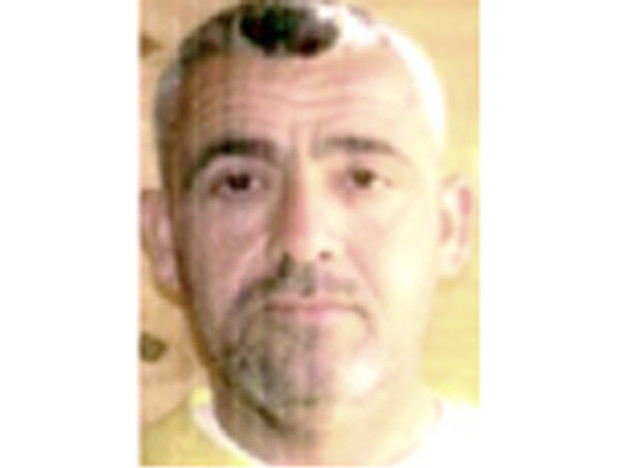
From Tel Afar, in Ninawa province, Turkmani was a lieutenant colonel under Saddam Hussein's Iraqi military's intelligence core and spent time as a special forces officer. An ethnic Turkmen, he was jailed in Camp Bucca just like a number of other IS leaders.
Hisham al-Hashim, a security analyst who had access to secret documents on IS leadership, famously said: "I describe Baghdadi as a shepherd, and his deputies are the dogs who herd the sheep [ISIL's members], the strength of the shepherd comes from his dogs."
Turkmani was said to have been killed in December 2014 by a coalition airstrike. Some analysts like Laith Alkhouri, at Flashpoint Global Partners, maintained that Turkmani was at the head of IS's military council, controlling six to nine military commanders and planning the group's military strategy.
Deputy, Syria - Abu Ali al-Anbari
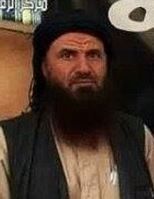
Also an ethnic Turkmen, Anbari was a former physics teacher and a Ba'ath party activist before 2003. He spent time as an army officer under Saddam Hussein in the 1990s before becoming a major general. Various reports have put him as a member of the Shura council and head of the powerful intelligence and security council.
Chief of Syria military operations - Abu Omar al-Shishani (real name: Tarkhan Tayumurazovich Batirashvili)
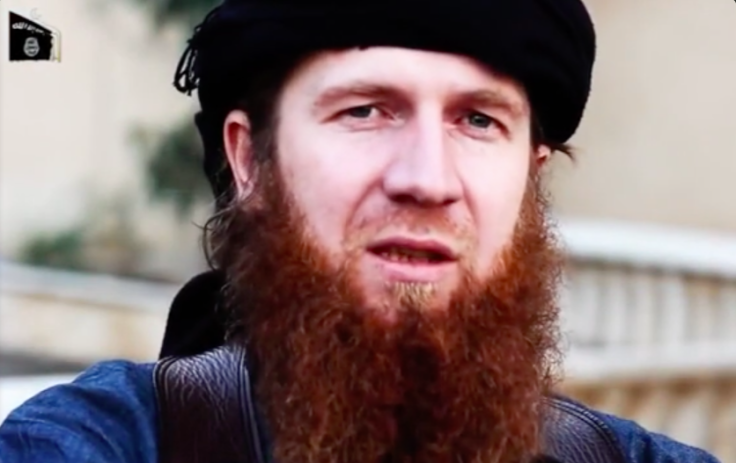
A Georgian-born ethnic Chechen, Shishani has become one of IS's most feared military commanders, even hinted to be one of the members in the Shura Council. A former sergeant in the Georgian military intelligence unit and veteran of the 2008 Russo-Georgian war, Shishani became prominent for his distinctive (and media-friendly) red beard and reports of his braveness on the battlefield.
Before becoming leader of the Jaish al-Muhajireen wal Ansar in Syria and then joining IS, Shishani contracted tuberculosis and was subsequently discharged from the army. He grew increasingly disillusioned by life at home, unable to find a job after his mother passed away with cancer. Just before becoming appointed northern commander for IS in Syria, the Chechen masterminded the spectacular capture of Menagh Air Base in August 2013, which boosted his standing among comrades.
Deputy leader - Abu Ala al-Afri (real name: Abd al-Rahman Mustafa al-Qaduli)
KILLED?
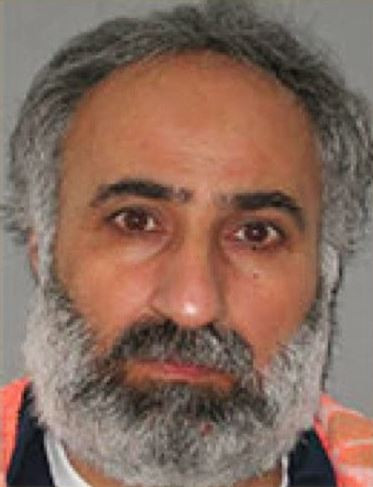
Afri was known among his fellow militants as a kind, intelligent man. Previously a physics teacher, he hailed from Hadhr in Iraq, 80km away from Mosul. Reports suggest he held the love and respect of fighters within IS, so his death is a major blow to Baghdadi's group.
After joining Al-Qaeda in Afghanistan in 1998, Afri swiftly rose through the ranks, gaining favour from significant figures including Osama bin Laden before subsequently working his way to the top of the IS leadership pyramid. More recently, Afri was promoted by Baghdadi as his deputy after the killing of the previous deputy in an American airstrike at the end of 2014. One of his key responsibilities was providing a conduit between Baghdadi and his inner circle of advisers, and the Amirs of towns and districts falling under IS control.
When Baghdadi was severely injured during the US air strike earlier in 2015, Afri was placed in temporary charge of the group.
Hassan Al-Hassan, a Middle East political analyst, has stressed the important role that Afri was carrying out within the group, saying: "It seems that Abu Ala Al-Afri became one of the most important personalities within the organisation in the past few months, and especially after the group began to suffer tactical losses in Syria and Iraq since December last year.
"He is an extremely intelligent character who had better relations than Baghdadi, and he is a great orator with strong charisma. He has a lot of wisdom and a great leadership and management ability."
Chief Spokesman – Abu Mohammed al-Adnani (real name: Taha Sobhi Falaha)
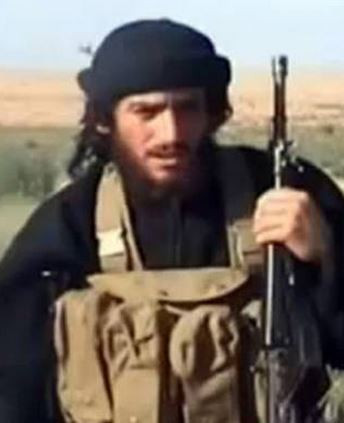
Adnani is IS's primary conduit for communicating official press releases and messages and is also the emir of IS in Syria. Born in the Aleppo countryside, Adnani was one of the first foreign fighters to fight against coalition forces in Iraq. The US State Department Rewards for Justice Program announced a reward up to $5m (£3.2m) for information leading to his capture on May 5.
Military chief - Abu Suleiman al-Naser
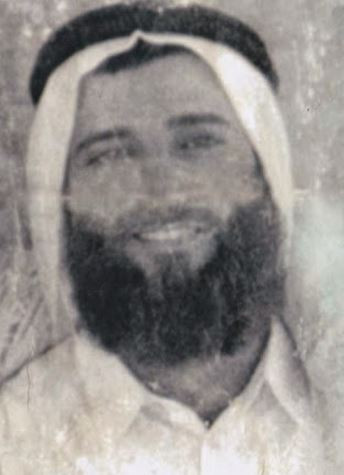
Naser is the head of the war council after the killing of Abu Ayman al-Iraqi in November 2014. He was reported to have been detained in Camp Bucca.
© Copyright IBTimes 2025. All rights reserved.





















